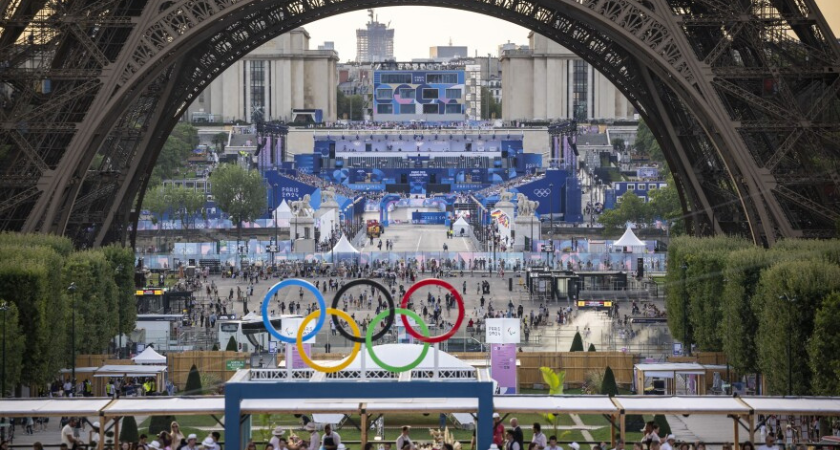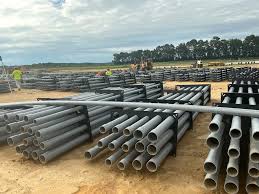
Los Angeles is preparing to accelerate construction ahead of the 2028 Olympic and Paralympic Games, even as city leaders continue to insist that the upcoming event will be “no build.”

On Tuesday, the L.A. City Council advanced a proposal that would allow temporary Olympic-related structures — such as spectator seating, bathrooms, training facilities, media centers, and public fan zones — to bypass traditional zoning regulations and city planning approvals.
Under the proposed ordinance, these structures would be permitted only if they are removed within six months after the Games.
Olympic organizers have long promoted the 2028 Games as a low-impact, “no build” model, leveraging existing stadiums and arenas across Southern California. Events such as canoe slalom and softball will even be held in Oklahoma City, further bolstering that image.
However, as city officials acknowledged this week, hosting the Games requires far more than competition venues. Temporary infrastructure — some of it large-scale — will still need to be deployed rapidly.
According to a conceptual draft from the city planning department, only certain types of projects would qualify for fast-tracking. Not eligible for streamlined approval are:
Projects located at official Olympic venues, or otherwise approved by Mayor Karen Bass’ Office of Major Events, would be eligible.
The ordinance would also create a pathway for permanent Olympic-related projects to receive exemptions — but only with full City Council approval.
Public reaction has been sharply divided.
The Los Feliz Neighborhood Council pushed back against sweeping allowances, writing:

“The Olympics are a short-term, spectator event, and infrastructure that serves the public good, the city as a whole, should be prioritized over the Olympics.”
The Studio City Neighborhood Council also objected to exempting permanent structures from review.
Meanwhile, supporters like the Rampart Village Neighborhood Council warned that without quicker approvals, the city risks falling behind:
“Demand for city agencies and their staff will be above capacity as the games approach. It is essential that the city takes all necessary measures to ensure the timely and successful delivery of the infrastructure required for this momentous event.”
Ironically, the very plan designed to speed things up may be slowed by city staffing shortages. In a report to the council, planning director Vincent Bertoni cautioned that the division responsible for drafting the ordinance “has lost 40% of its staffing capacity” due to recent budget cuts.
The proposal still requires multiple approvals before becoming law, meaning delays are possible — even for a measure meant to reduce delays.
Originally reported by Libby Rainey in LAist.